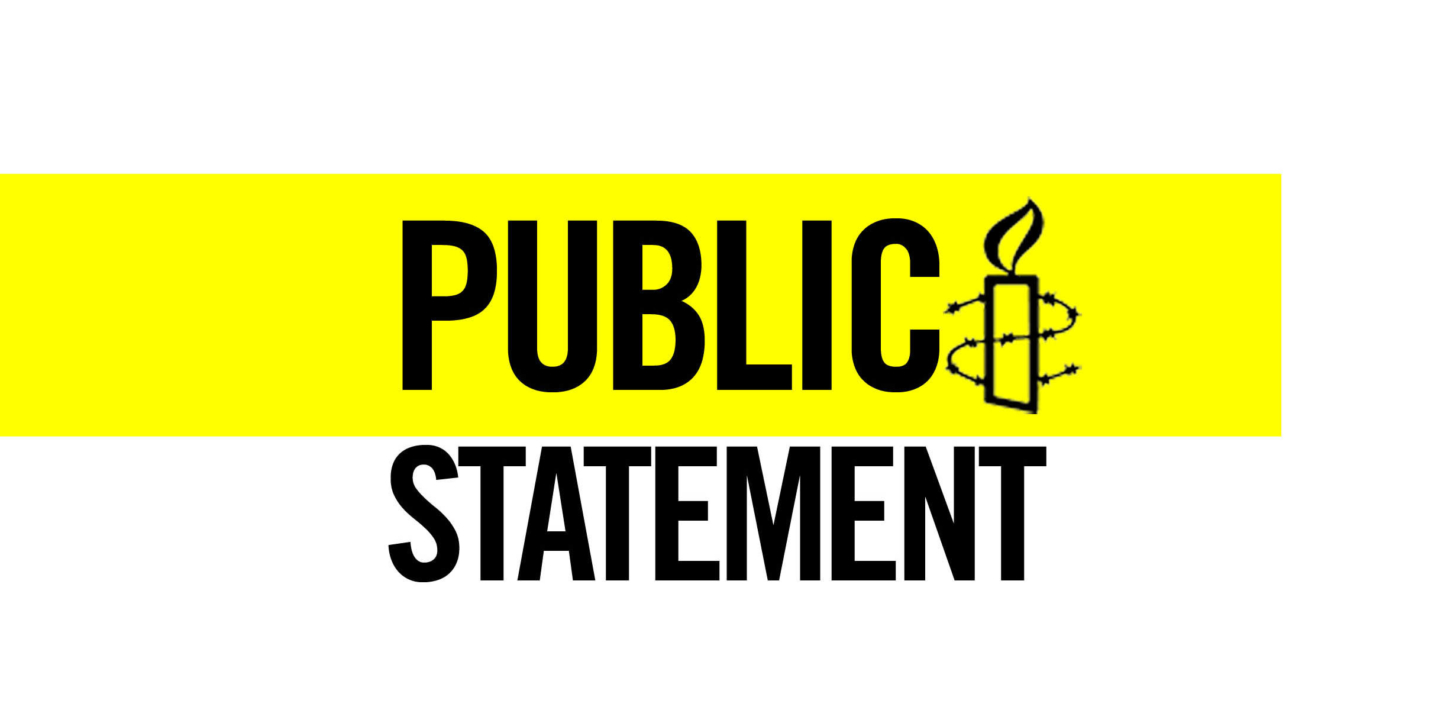THE CEDAW COMMITTEE’S NEW GENERAL RECOMMENDATION ON HUMAN TRAFFICKING
Late in 2020, the Committee on the Elimination of Discrimination against Women issued General Recommendation 38 on trafficking in women and girls in the context of global migration. This was a culmination of a multi-year process, which Amnesty International, along with scores of women’s rights and sex worker rights organizations and activists, had engaged closely with.
For many, however, the final result was bitterly disappointing. While there are some welcome and inspiring elements to the new general recommendation, it also suffers from a number of missed opportunities and regressive provisions. Worst of all, it has completely disregarded the lived realities and rights of sex workers, a key group of stakeholders who are deeply affected by anti-trafficking policies.
THE GOOD
The general recommendation takes aim at a broad range of root causes of trafficking, particularly the socio-economic injustice it is fuelled by, and includes far-reaching steps states must take to tackle the wider structures that leave women at risk. These include gender-based discrimination and patriarchy, structural inequality, lack of decent work, denial of social protection and discrimination in migration policies. In particular, the general recommendation sets out the need to place a labour rights and safe migration approach at the centre of States’ efforts to address trafficking.
These calls are particularly important in a context where trafficking is traditionally addressed as an issue of transnational crime or security under international law, to be dealt with by stronger criminal justice approaches, national security measures, and tighter border control. It is an implicit rebuke to popular discourses which blame the deaths of migrants in transit on criminal trafficking gangs, for example, camouflaging the gross inequalities that trigger flight and the restrictive border regimes that push migrants into high-risk circumstances.
THE BAD
The general recommendation is, however, still torn between a transformative vision concerned with promoting women and girls’ autonomy and agency, and a narrower approach that sees women as victims and the State as protector. This stops it from reaching its full potential and raises a series of concerns.
As Radhika Coomaraswamy, former UN Special Rapporteur on violence against women has stated, by empowering State officials to increase their surveillance of women’s lives, the general recommendation assumes a benign State which does not match the lived realities of all women. Migrant women, sex workers, women of diverse racial origin, LBTI women among others have reason to fear ill-treatment, arrest, detention or deportation from the authorities, and in many cases prefer to remain invisible. This is particularly the case in contexts where irregular entry, same-sex conduct and sex work are criminalized.
More policing without wider legal and policy change, and a multi-faceted approach that puts the needs of rights-holders at the centre, still leaves women at risk. Some women may also wish to avoid being “rescued” as this interjects the State into many facets of their lives and may result in unwanted deportation and other adverse outcomes.
THE UGLY
Most disturbing of all is the treatment of sex workers in this general recommendation. Not only are sex workers among the most discriminated against and marginalised women in many societies, but the implementation of anti-trafficking measures often leads to violations of their human rights. The general recommendation has not only failed to adequately address this, but risks writing this harsh reality further into the normative framework governing trafficking. One way it does this is by facilitating the conflation of sex work and trafficking, particularly through calling upon an outdated criminal legal framework which declares “prostitution” as being “incompatible with the dignity and worth of the human person”. This conflation denies the autonomy and agency of sex workers to make decisions about their lives and speak to their own experiences. It also exacerbates an existing problem where authorities in some countries already misuse anti-trafficking measures to target, punish and extort sex workers, as Amnesty International documented in Buenos Aires, Argentina.
The negative impact on sex workers is further exacerbated by calls on States to criminalise “demand”. “End demand” approaches, carried out in the name of anti-trafficking, have resulted in sex workers facing arrest, theft of property, evictions and other adverse outcomes, as Amnesty International also documented in Norway.
These approaches are not, moreover, likely to improve efforts to combat trafficking and protect survivors. As pointed out by sex workers and their allies, a failure to address these concerns undermines counter-trafficking efforts by shifting attention away from the criminalization of traffickers and onto sex workers themselves. It also negates the powerful role that sex workers can play in combating trafficking. These calls and others made by sex workers, were, however, disregarded, despite a massive mobilisation of sex worker-led organisations and networks from around the world along with allies, including coalitions such as the Sex Worker Inclusive Feminist Alliance that Amnesty International is part of.
CONCLUSION
General Recommendation 38, despite some promising aspects, did not fulfil its potential to become “an instrument in the reorganisation of the global economic system towards social and economic (gender) justice”, that expert contributor, former member and Rapporteur of the CEDAW Committee Patricia Schulz, and many others, had called for in their submissions to the Committee. Furthermore, by being willing to disregard sex workers’ calls, a top expert mechanism on women’s rights has failed to step up to the challenge to protect the rights of all women. With the CEDAW Committee regrettably taking a selective approach, it’s clearer than ever that leadership on women’s rights remains with those women whose rights are at risk and those in solidarity with them.
Amnesty International submission, joint submission and joint contribution to the consultations should not be considered
as an exhaustive list of concerns.


